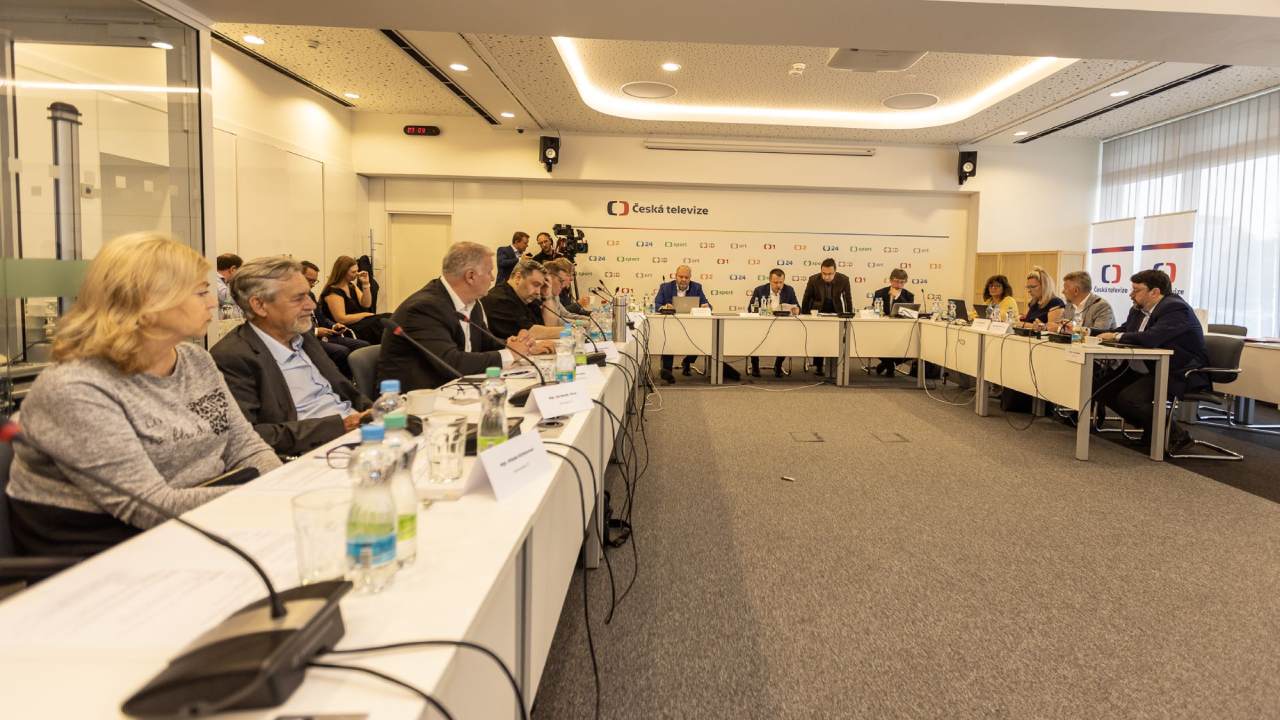
Czech TV Council's demand to outgoing director causes stir
The Czech Television Council has asked outgoing General Director Petr Dvořák to send a list of anticipated contracts over one million CZK (€42,250) to the Supervisory Committee before stepping down in October. The overview should include the contracting party's name, the subject, the amount payable by Czech Television (CT), and the contract's duration.
The five-member Supervisory Committee of the CT Council is an advisory body for economic issues, whose role is to ensure that CT's financial resources and property are efficiently and economically used. The committee can inspect all accounting documents, records, and other documents with the knowledge of the general director but is bound by confidentiality.
However, the committee typically monitors retrospectively, not prospectively, as the daily managerial governance of CT is the responsibility of the general director, by law. Therefore, this unusual request has significantly heightened the atmosphere at the CT Council's public meeting on Wednesday. Councilor Ladislav Mrklas introduced the proposal, and vice-presidents Petr Šafařík and Pavel Matocha supported it.
Initially, the plan was for the councilors to directly receive the contracts overview, not the Supervisory Committee. However, CT Council members are neither materially responsible nor obliged to confidentiality under the law.
CT Council members Vlastimil Ježek and René Kühn disassociated themselves from the adopted resolution, claiming it did not comply with the Czech Television law and was not legally consulted. Council members only found out about it at the last minute, even though the rules of procedure require providing resolution documents at least 48 hours in advance.
Ježek and Kühn argued that the CT Council is not authorized to interfere with CT's commercial management, especially in matters exclusively belonging to the general director, who is obliged to act with the care of a prudent manager. This role differs significantly from that of the CT Council members, who do not personally guarantee their actions.
The duo argued that the CT law does not obligate the general director to discuss or present all contract proposals and amendments to the CT Council. Given their volume, it would technically be impossible. The law only requires the general director to present certain types of contracts to the CT Council in advance, such as leases, transfers, or property sales.
Ježek and Kühn added that the adopted resolution might damage the good name of the outgoing general director, Petr Dvořák, predicting his possible actions against CT's interests. They consider this inappropriate, especially given Dvořák's almost 12-year service to the public service media and the comparison of CT's condition between 2011 and 2023.
Dvořák responded to the resolution, stating, "It is a terrible disappointment. You are questioning my competencies, making me a thief trying to harm CT. I have always acted in CT's best interest." He reminded that CT is bound by the law on public procurement and cannot disclose contract contents in advance. He also expressed that the resolution was beyond the scope of the CT law and was an intrusion into the general director's jurisdiction.
Finally, Dvořák noted that due to the television's operation, many contracts are concluded several years in advance. CT is about to sign contracts for broadcasting rights to the hockey league for the next five years or decide on extending license rights to some foreign formats. On average, CT concludes 2,5 thousand contracts per month.

